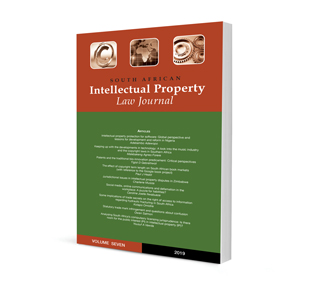
Analysing South Africa’s compulsory licensing jurisprudence: Is there
room for the public interest (PI) in intellectual property (IP)?
Author Yousuf A Vawda
ISSN: 2521-2591
Affiliations: Honorary Research Fellow, University of KwaZulu-Natal
Source: South African Intellectual Property Law Journal, 2019, p. 182 – 198
Abstract
Despite South Africa having provisions for compulsory licensing on its statute books in over a century of patent legislation, no compulsory licences have been granted on a pharmaceutical-related patent in the country. Given the impact of the high prices of many life-saving patented medicines on affordability and access, it raises the question: why is this the case? This article endeavours to review the case law on applications for compulsory licences on pharmaceutical and related patents under the current legislation, analyse the interpretations placed on the relevant sections, and draw conclusions about judicial reasoning, impediments to the grant of such licences, and generally the courts’ approach to disputes relating to patents. It concludes, among others, that the very architecture of the patent landscape, combined with an overly formalistic approach to judicial interpretation and adjudication, may be responsible for the lack of efficacy of this provision in the law.